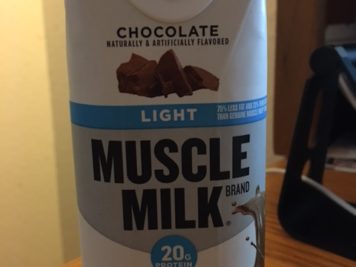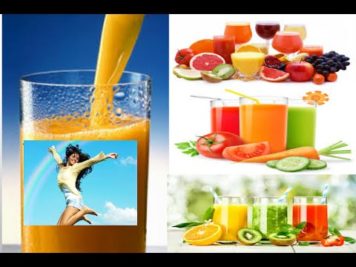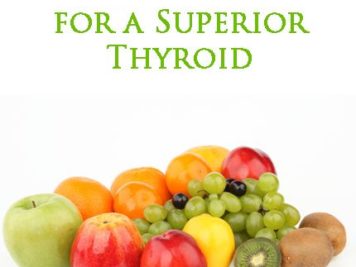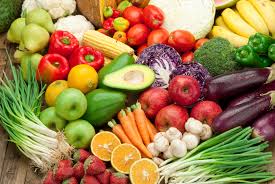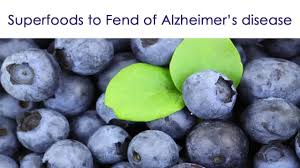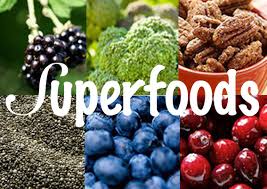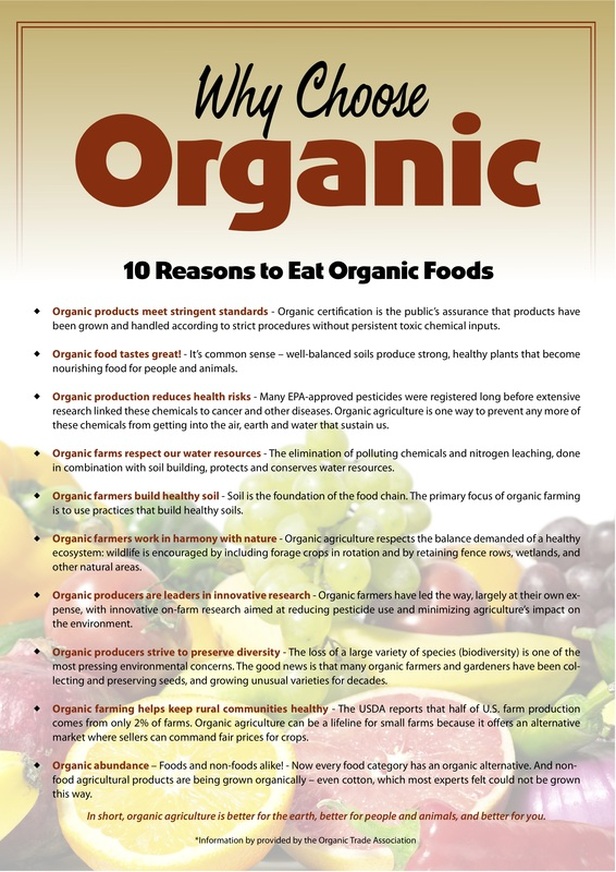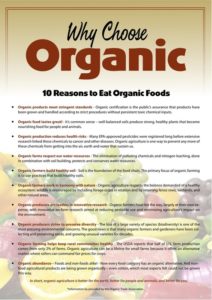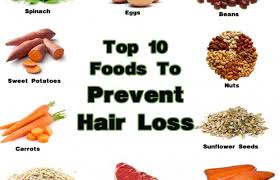Organic Products and Raw Food Diet by Kevin Angileri
Fortunately for those of us newly interested in eating organic and raw foods, there are lots of products out there. Natural and organic foods used to be found only in natural food stores, and those could be few and far between. While not as ubiquitous as McDonald’s, there ARE many more stand-alone stores. And the grocery chains are catching on too, with more organic selections than ever before. If you don’t see them in your grocery store, just ask. You’re probably not the only person in your neighborhood who’d like to see more of these options.
Many grocery stores now feature sprouts and other living foods in the produce aisle. Of course, if they don’t, there’s nothing easier to grow for yourself than sprouts!
There are also tons of sites on the Web where you can order raw and living foods. Just do a search on raw foods and you’ll come up with a lot of different places to order the foods you’d like to buy. Many of these sites are also full of useful information, to help you learn about eating raw foods, and help educate you on the specific food values.
What else? Experiment with what you like. Take the time to learn a little about what the different nutrients in foods do for you. A few examples:
Cabbage – High in Vitamin C; important for healthy cell function
Shitake mushrooms – contain essential fatty acids and antioxidants to support a healthy immune system
Kale – Rich in fiber and helps reduce calorie intake with less hunger. We like that!
Barley – Loaded with niacin, fiber and iron and is important for healthy blood sugar.
Pumpkin – So rich in fiber and vitamins; helps reduce appetite by filling the stomach with indigestible fibers
Organic Products and Raw Food Diet by Kevin Angileri
